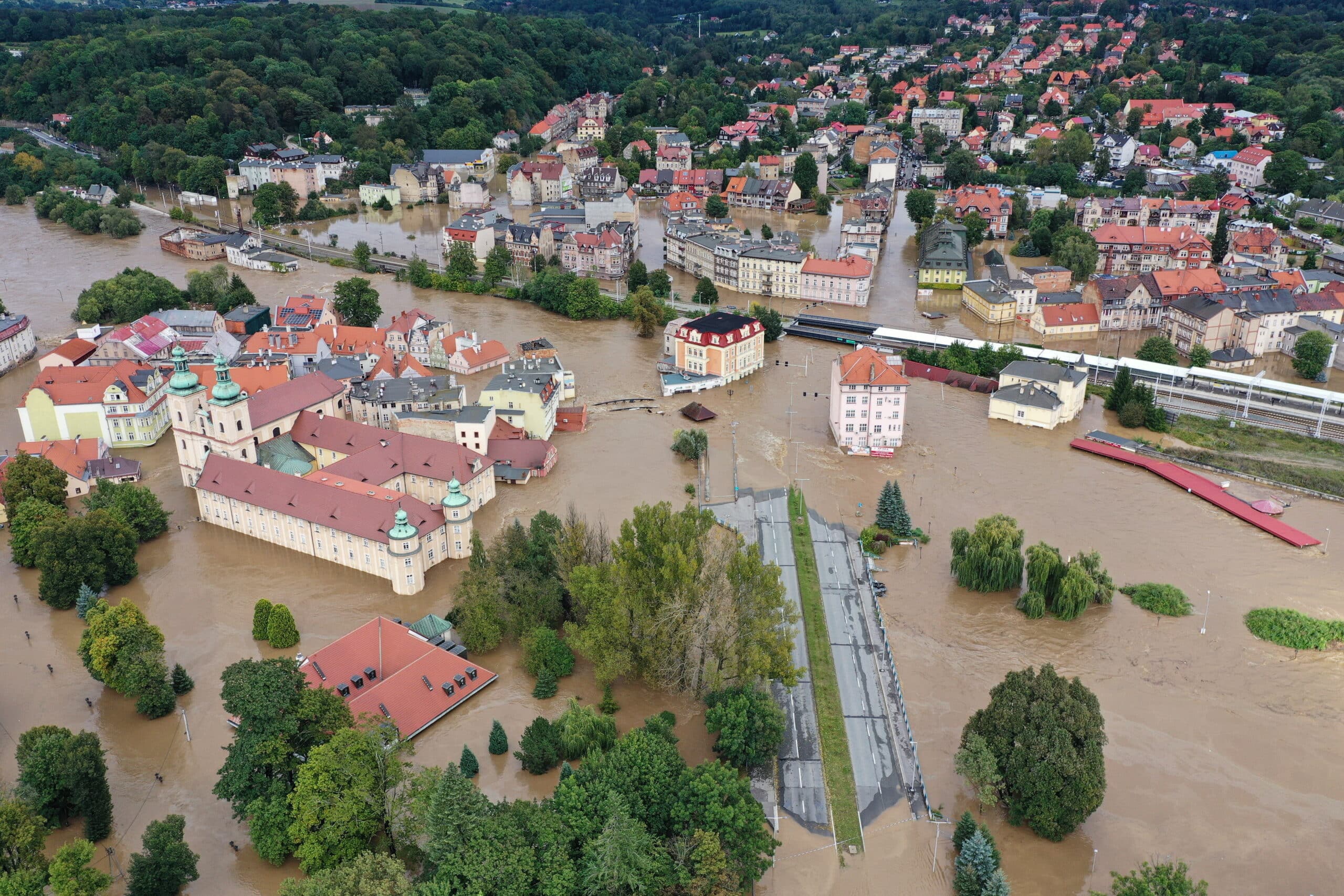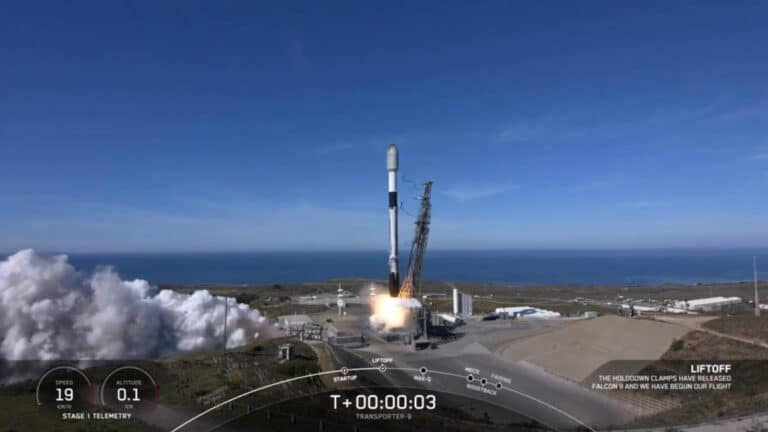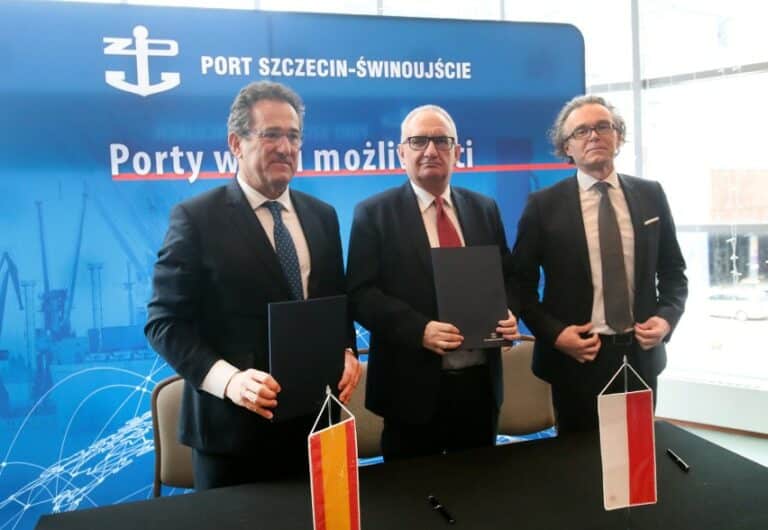Poland combats flood impact
Prime Minister Donald Tusk on September 18 announced a state of natural disaster in the flooded areas of southern Poland after at least five people died and thousands evacuated.
The worst floods to hit central Europe in over two decades have left a trail of destruction from Romania to Poland.
“I have asked the finance minister and we have secured financial reserves for the needs of locations and people affected by the flooding. We have one billion zlotys so far. The finance minister has assured me that there will be no shortage of funds for direct and long-term aid,” he said.
After days of torrential rain that have seen rivers bursting their banks in Poland, Austria, Czechia and Romania – leaving seven people in Poland alone – the flood wave hit the southwestern Polish city of Wroclaw on Thursday.
The Ministry of Defense said that so far 10,000 soldiers have been drafted in to help combat the floods, build defenses and provide aid.
Polish prime minister, Donald Tusk, on September 18 announced a state of natural disaster in the flooded areas, while President of the European Commission, Ursula von der Leyen, arrived in Wroclaw on September 19 to assess the aftermath of the floods withTusk, Czech Prime Minister Petr Fiala, Slovak Prime Minister Robert Fica and Austrian Chancellor Karl Nehammer.
“The most important thing is to find financial resources. The Solidarity Fund will be used. But this money will not be enough. The Cohesion Fund will also be used in a flexible manner, adapted to the needs of countries,” EU chief Ursula von der Leyen said during a press conference Thursday.
Finance Minister Andrzej Domanski told a crisis meeting in Wroclaw that Poland had set aside 2 billion zlotys ($520 million) in funds to deal with the effects of the floods. He said the government would pay instalments of mortgages of people whose houses had been flooded.
Damage from Storm Boris raging across Poland could total 1% of the country’s economic output – $9 billion.
The defense ministry said 14,000 soldiers had been deployed to flood-hit regions, with the armed forces using helicopters to evacuate people and strengthen flood defenses, as drones monitored the situation from above.
At a water level measurement station near Wroclaw, the Oder has significantly exceeded the alarm level. “We are concentrating on keeping the Oder within its banks,” said Interior Minister Tomasz Siemoniak. “We have a very difficult dozen or so hours ahead of us.”
European Commission President Ursula von der Leyen met leaders from affected countries in Wroclaw September 19. Tusk has said he is calling on Brussels to provide financial aid.
Meanwhile, the Polish roads and motorways authority estimates that in 2010 damage to roads, bridges and flyovers reached $1.1 billion throughout the country. In the floods of the last few days, motorways are so far unaffected, with more disturbance to local roads.
A Bank Santander report forecast there could be a knock-on effect for inflation in the economy if agricultural markets and supply chains are affected by road outages and vehicle damage.
Tusk said there had already been reports of soaring prices for many products in flood-hit areas and he did not rule out the introduction of price controls.







